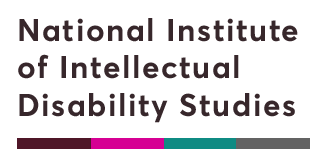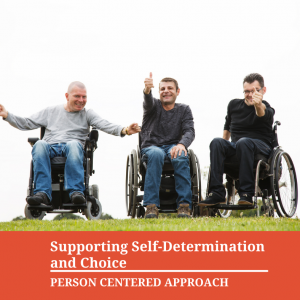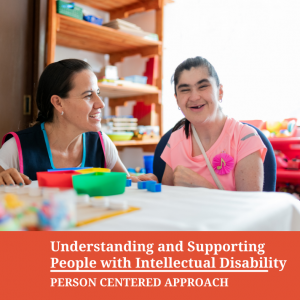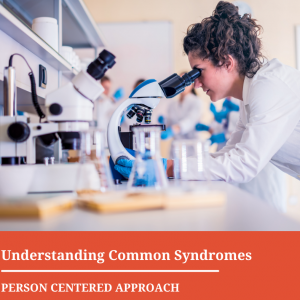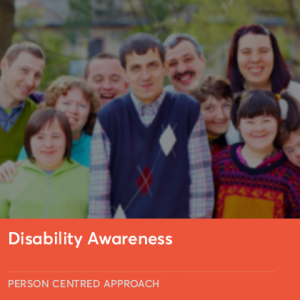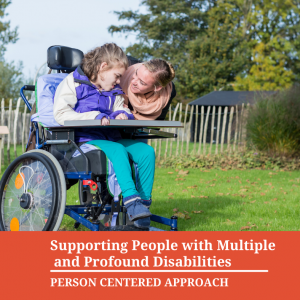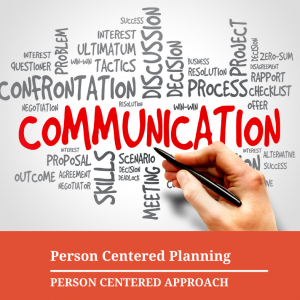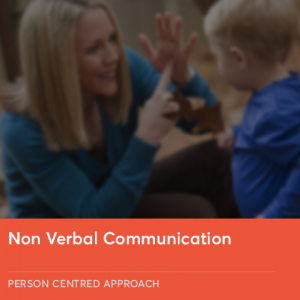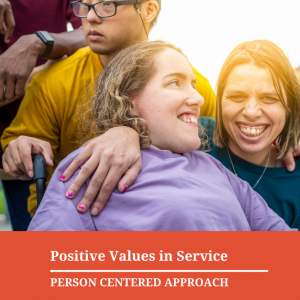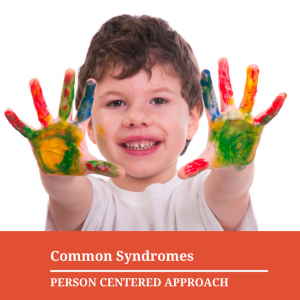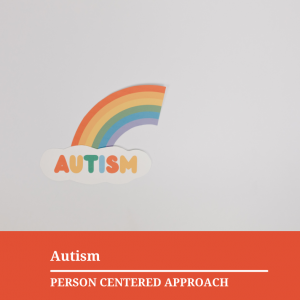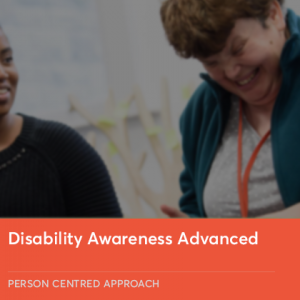€79.99
Learning Outcomes Learners will be able to:
1 Explore various definitions of disability, to include
definitions outlined in Irish legislation
2 Describe the various classifications of disability
3 Outline the models of disability which provide
theoretical underpinnings of disability studies, to
include the medical model, the social model and the
World Health Organisation's International
Classification of Functioning and Disability (ICF)
4 Identify different types of disabilities, to include
physical disability, learning disability, specific learning
difficulties (SPLDs), mental illness, sensorial
disabilities specifically visual impairment, hearing loss
and speech difficulties and specific conditions
including diabetes and epilepsy, explaining how
these impact on the individual's quality of life
5 Outline strategies to minimise the difficulties that
specific disabilities may cause for individuals
6 Examine the key requirements of employers,
educational institutions and providers of public
services in accommodating persons with disabilities
as set down in Irish legislation
7 Describe the functions of a range of organisations
which have been established to develop and
implement public policy and strategy in relation to
disability in Ireland, to include specific government
departments and state agencies
8 Outline the main types of assistive technology that
are available to persons with disabilities in education,
training and employment
9 Identify grant schemes and support mechanisms that
employees with disabilities and employers of persons
with disabilities can avail of
10 Identify services available to enable persons with
disabilities to access their legal rights and
entitlements
11 Explain how organisations providing services to
persons with disabilities ensure quality of service and
adherence to best practice
12 Distinguish between the various models and
approaches which are used in the education system
to accommodate persons with disabilities
13 Describe the prevalent models used in vocational and
rehabilitative training to achieve outcomes for
persons with disabilities
14 Identify barriers to disability, both environmental and
attitudinal
15 Outline community interventions that are available to
persons with disabilities
16 Explore the impact of disability on the individual and
society
17 Assess the strengths and weaknesses of current
legislation as it pertains to disability
18 Examine how employees with disabilities can be
supported and accommodated in the workplace
3
19 Reflect on own experience and perceptions of
disability
20 Assess the strengths and weaknesses of various
employment options open to persons with disabilities
21 Evaluate rehabilitation and support strategies that are
available to improve quality of life for persons with
disabilities
22 Analyse statistical data and research findings on
disability
23 Evaluate the quality of a sample of organisational
policies and procedures as they pertain to disability.
